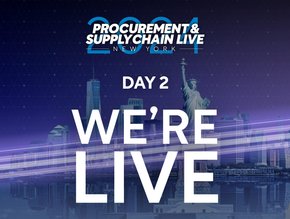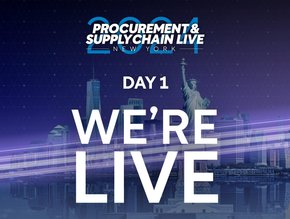Adjuno: achieving a sustainable supply chain

With the impact of our consumer society increasingly influencing purchasing behaviour, it is clear that there has been a shift in the need for sustainable supply chains. But this is not a simple task - as political negotiations dominate the headlines, more brands are seeking opportunities in new markets, which is having a considerable impact on their carbon footprint.
As a result, it is now more important than ever for companies to evaluate their logistics processes, not only to reduce environmental impact, but also to reduce costs through increased efficiency.
To move forward and tackle the ethical issues, organisations need to take control and focus on achieving full visibility. The implementation of tracking tools will enable businesses to automatically capture the level of carbon emissions that are produced as a result of the end-to-end supply chain operations, from sourcing and procurement through to final delivery. With a detailed level of information, brands are able to effectively see a reduction in not only carbon emissions, but also in the spending associated with transportation.
By leveraging end to end supply chain insight, more companies will also be able to track the source of a product - this is particularly important when exploring new, unknown markets. For example, from the type of tree to location and certification, brands can ensure all the timber they use is sustainably sourced.
SEE ALSO:
-
HSBC and Walmart develop sustainable supply chain finance programme
-
Primark releases 100% cotton jeans as part of sustainable supply chain initiative
Additionally, enforcing robust packaging standards across the global supply chain is beneficial to a company’s CO2 levels. By insisting that suppliers use certain box sizes and materials, pallet fill will be optimised and the number of items that can be stored in a warehouse will be increased. This means that businesses will require a reduced amount of containers and shipments, minimising the number of journeys that will be made throughout the supply chain.
This standardisation of packaging and complete transparency of the supply chain will put companies in the best position to demonstrate the provenance of their products and to assure the consumer that they’re taking steps towards improving their environmental credentials.
It is evident that conscious consumerism is going to grow, therefore, in order to position themselves as a leader businesses need to implement ethical practices across the entire supply chain.
By addressing these concerns and making the necessary changes, companies will not only reduce the negative impacts new trading locations will have on the environment, but will be able to improve the perception of their brand.






